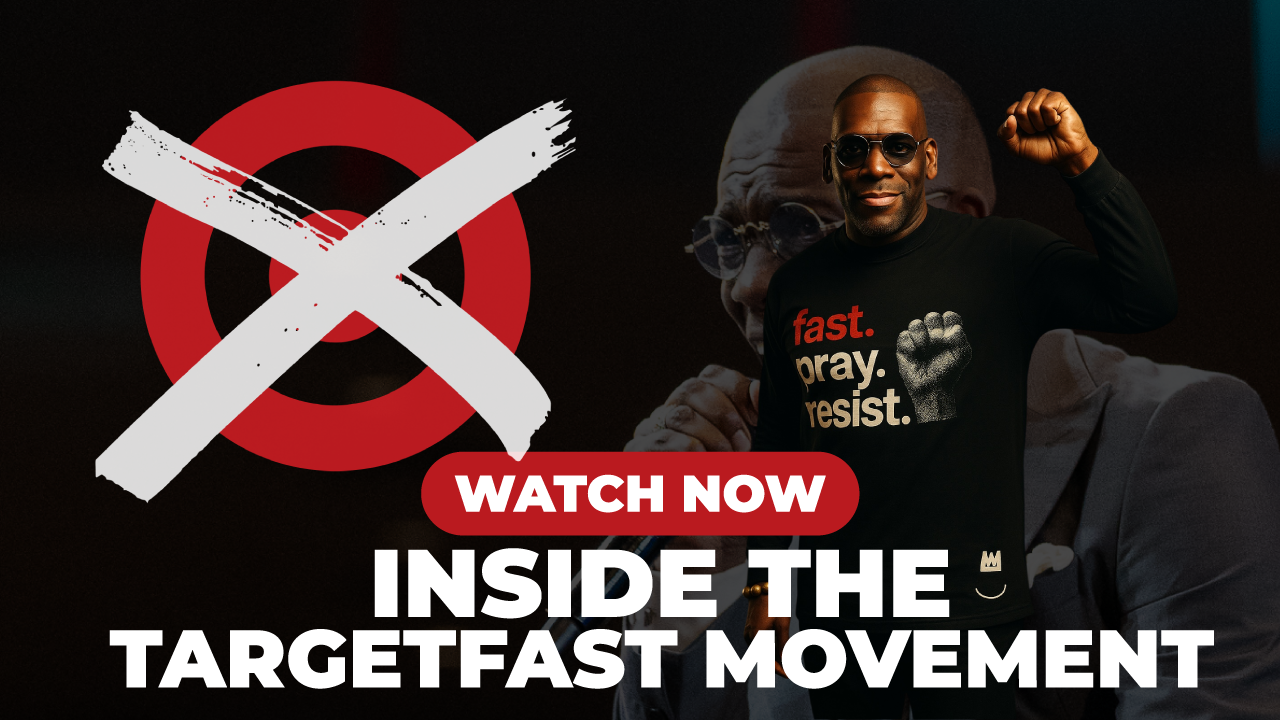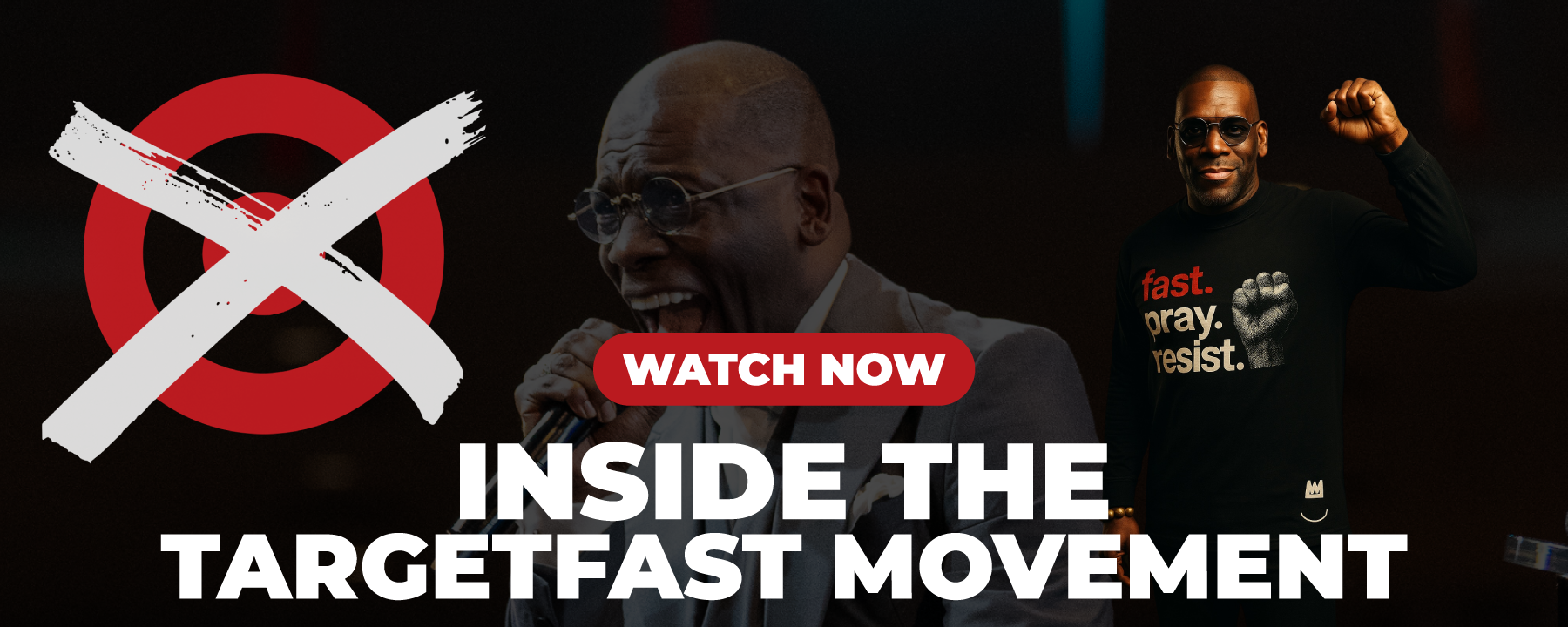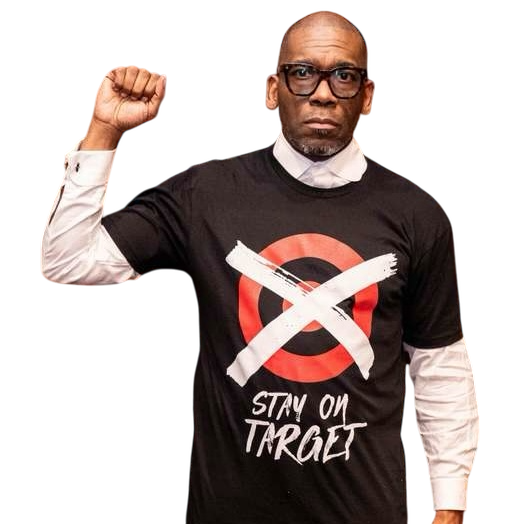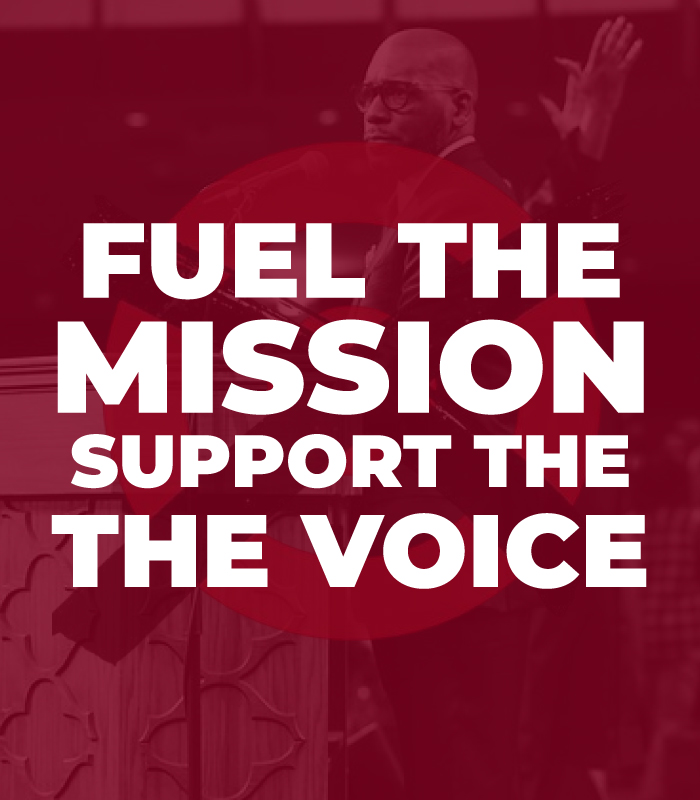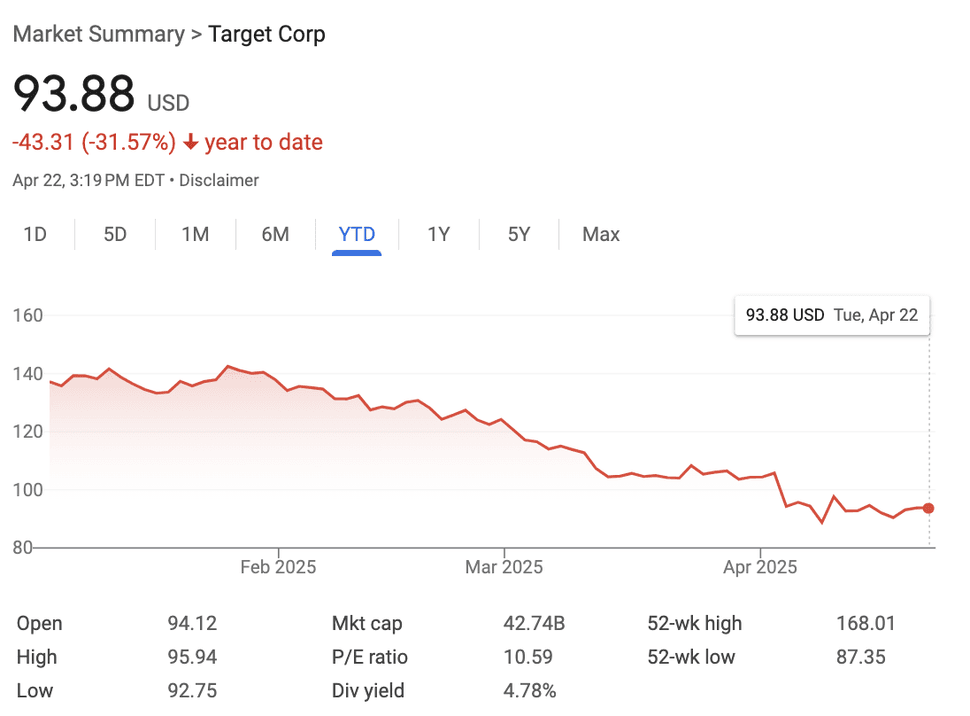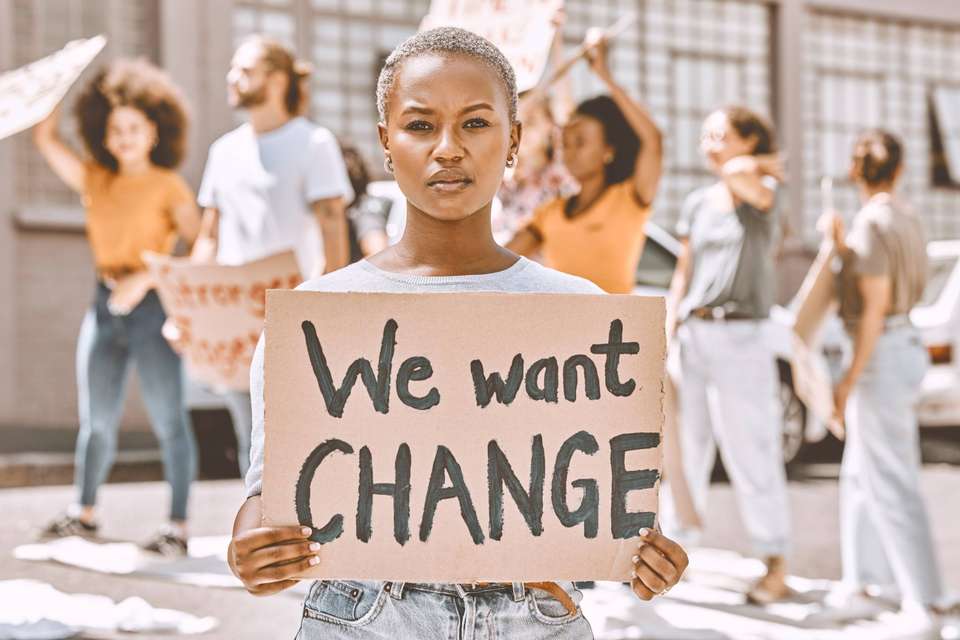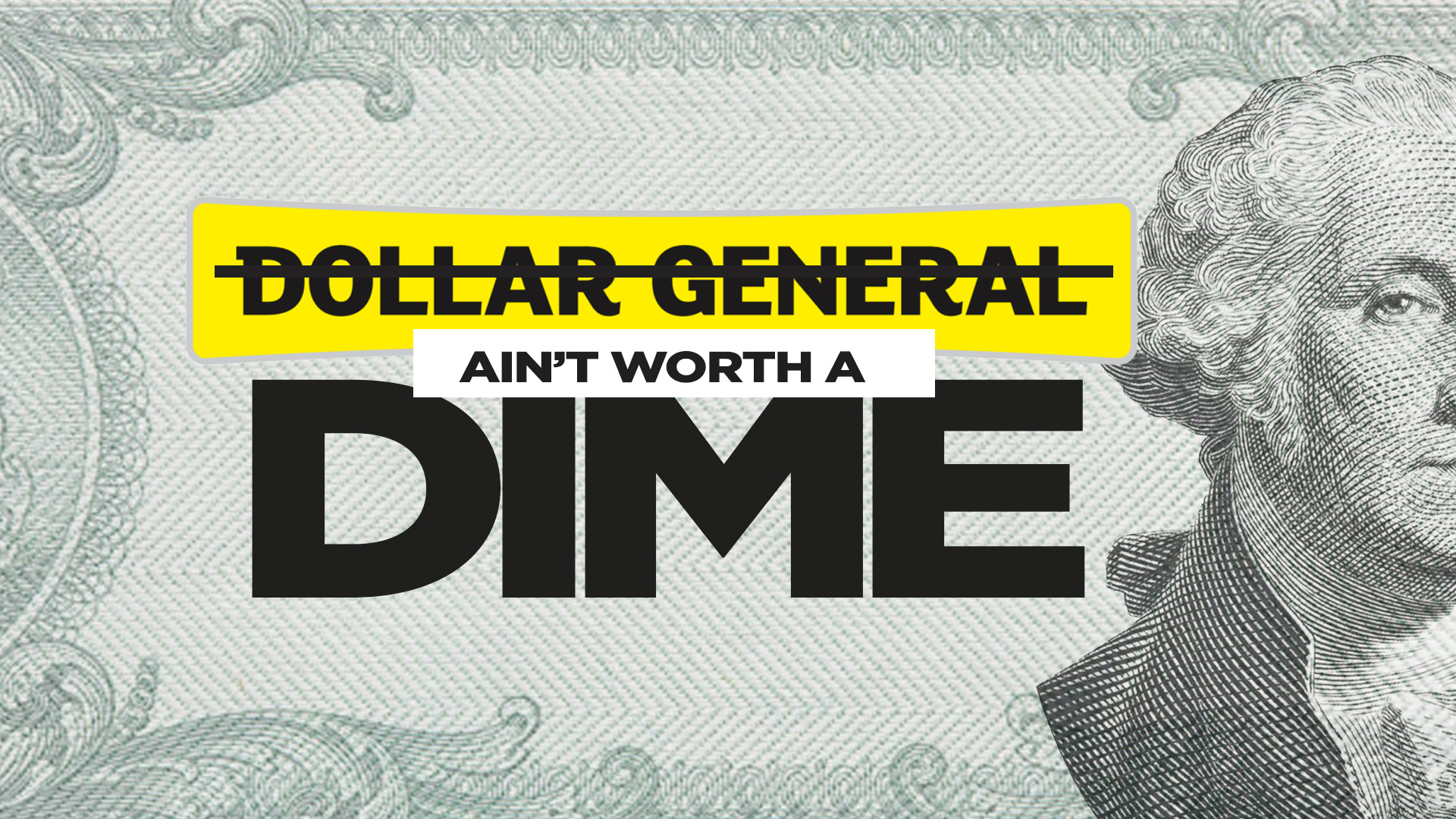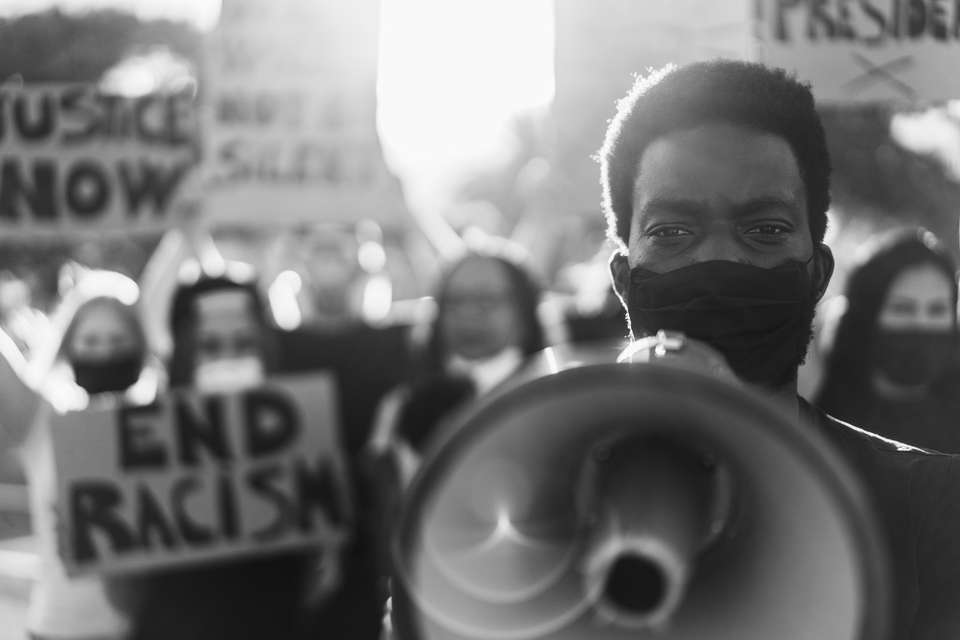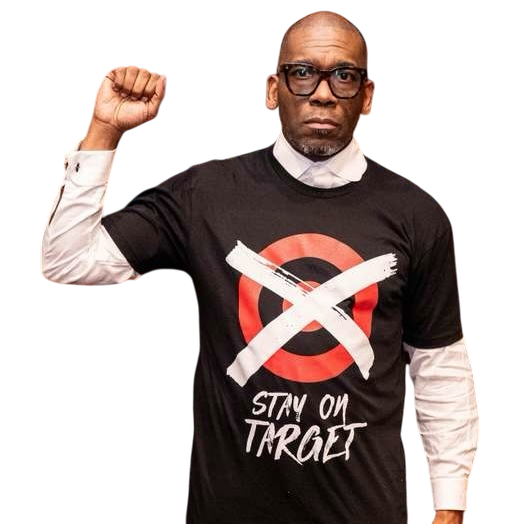We Fasted. We Prayed. We Resisted. And Together — We Are Making History.
I am Dr. Jamal Harrison Bryant. A preacher, yes. A pastor, yes. But above all, I am a servant to the people.
What began as a 40-day Lenten fast has become a national movement — a spiritual act turned into strategic power. We did not simply withhold our dollars. We ignited a shift in the consciousness of a people. Not out of rage, but out of remembrance. Not out of protest, but out of purpose.
We fasted, not just from a store, but from silence. We turned prayer into protest, and protest into policy. We are no longer asking for change. We are becoming it.

